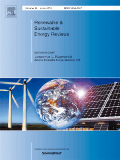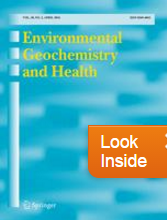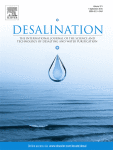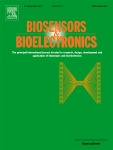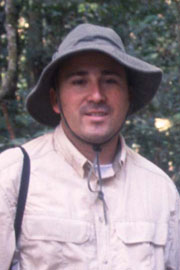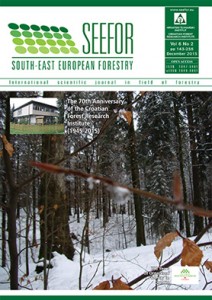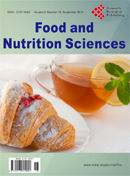 A controversy surrounding a 2014 Journal of Environmental Management paper has tapped into a larger scientific and economic issue — how to tally up the damage after an oil spill.
A controversy surrounding a 2014 Journal of Environmental Management paper has tapped into a larger scientific and economic issue — how to tally up the damage after an oil spill.
The original paper, called “A revealed preference approach to valuing non-market recreational fishing losses from the Deepwater Horizon oil spill,” estimates the 2010 explosion of the BP-owned drilling rig cost the Gulf-Coast recreational saltwater angler fishing industry alone nearly $600 million. But Kenneth Train, an economics professor at the University of California, Berkeley has questioned the methods used — both publicly, in a comment that was published in the Journal of Environmental Management, and privately through personal calls with the authors. The first author says Train asked them to retract the paper; he denies ever making that request. While Train, in his comment, says he doubts the accuracy of the $600 million estimate, he does not provide an alternative number.
Train was hired to review the study by BP, which owned the well that spilled millions of oil barrels into the Gulf.
Calculating the cost of oil spills is controversial. Since the Exxon Valdez spill in 1989, Continue reading How much do oil spills cost? Controversy over paper oozes into larger debate
